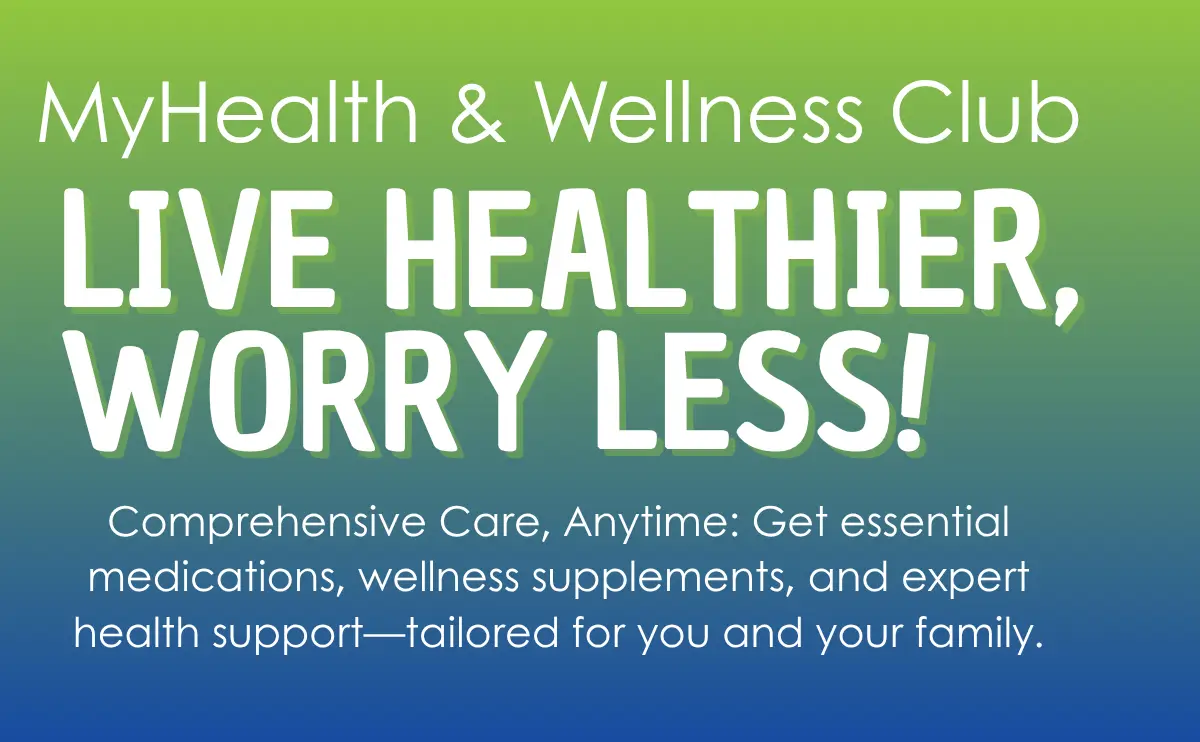Supplements For Women’s Health: Addressing Unique Nutritional Needs

By: Nitin Bangale
Women’s bodies undergo significant hormonal shifts and have specific physiological demands throughout their lives. While a balanced diet forms the cornerstone of good health, certain life stages and unique nutritional needs may warrant targeted supplementation. Understanding these needs and the role of key supplements for women’s health can empower women to proactively support their well-being.
Supplements For Women’s Health: Key Nutrients
Several vitamins and minerals play particularly crucial roles in women’s health. Folate (Vitamin B9) is vital, especially for women of childbearing age. Adequate folate intake helps prevent neural tube defects in developing fetuses during pregnancy. Supplementation is often recommended even before conception and during the first trimester to ensure sufficient levels.
Calcium is essential for maintaining strong bones and preventing osteoporosis, a condition that disproportionately affects women, particularly after menopause. Adequate calcium intake throughout life, coupled with weight-bearing exercise and sufficient Vitamin D, is crucial for bone health.
Iron needs are often higher for women due to menstruation. Iron deficiency can lead to fatigue, weakness, and anemia. Ensuring sufficient iron intake through diet and supplementation, if necessary, is vital for maintaining energy levels and overall health.
A critical function of vitamin D is to facilitate the body’s uptake of calcium, thereby supporting bone health. It also has implications for immune function and may play a role in other aspects of women’s health. Sunlight exposure, dietary sources, and supplementation are important for maintaining adequate Vitamin D levels.
Supplements For Women’s Health: What to consider
Pregnancy: During Pregnancy there is increased demands for several nutrients to support both the mother and the developing baby. Besides folate, iron needs increase significantly to support increased blood volume and foetal development. Calcium and vitamin D are vital for both the baby’s bone growth and the mother’s bone health. For development of brain and eye of baby Omega 3 Fatty acids are needed. Iodine is also critical for foetal brain development. Supplementation during pregnancy should always be under the guidance of a healthcare professional who can assess individual needs and recommend appropriate dosages.
Menopause: As estrogen levels decline during menopause, women face an increased risk of bone loss, making adequate calcium and Vitamin D intake even more critical. Magnesium can also play a role in managing some menopausal symptoms like sleep disturbances and mood changes. Some women may also explore supplements like black cohosh or soy isoflavones for symptom relief, but it’s essential to discuss these with a healthcare provider due to potential interactions and contraindications.
Beyond these key nutrients and life stages, other supplements may be relevant for some women based on their individual circumstances and health concerns. For example, women experiencing menorrhagia (heavy menstrual bleeding) might require iron supplementation. Those with specific dietary restrictions, like vegans, may need to supplement with Vitamin B12.
It’s important to note that supplements are not replacement of diet but are complementary to it
A nutrient-rich diet that includes a variety of fruits, vegetables, whole grains, lean proteins, and healthy fats should always be the foundation 1 of women’s health.
Before starting any new supplement regimen, it is essential for women to consult with their healthcare provider. A doctor can assess individual nutritional needs based on medical history, lifestyle, and dietary habits. They can also advise on appropriate dosages, potential interactions with medications, and ensure that supplementation is safe and necessary. Self-treating with supplements can sometimes be harmful.
In conclusion, addressing the unique nutritional needs of women through targeted supplementation at different life stages can be a valuable tool for supporting their overall health and well-being. By understanding the importance of key nutrients like folate, calcium, iron, and Vitamin D, and seeking professional guidance, women can make informed choices to nourish their bodies and thrive.

By: Nitin Bangale.




